Disclosure: This article may contain affiliate links. If you decide to make a purchase, I may make a small commission at no extra cost to you.
If you’re lucky and have the right genes, you may grow up looking younger than your actual age for most of your life. Most people, however, seem to age at a similar rate with some outliers looking a few years younger than their age.
And then there are internet sensations such as Lure Hsu, a woman who is about to celebrate her 45th birthday but looks as if she is in her early 20s. She protects her skin from the sun and eats a fairly strict vegetarian diet that consists mainly of fruits and vegetables.
Her ultra leanness isn’t down to going to the gym either; her exercise usually consists of regular walks and bike riding. Her slim figure is mostly down to her strict diet.
Lure Hsu at 44-years-old in the picture below! She was born in August 1975.
https://www.instagram.com/p/ByjngeQhDRG/
I think that Lure Hsu is quite exceptionally young-looking and it seems the internet agrees with me as there are literally thousands of articles published about her literally not aging.
It’s really not that common to genuinely look 20 years younger than your age at just 44-years-old.
I would love for 44 or even 50 to be like this in the near future for everyone. I believe we’ll get there soon, as we move towards effective treatments that are able to reverse some of the damage associated with aging.
There are many other examples of people who have been on CR for an extended period of time and they look quite a bit younger than their chronological age. I recently interviewed David Fisher who has been on CR for many decades and it really does look as if CR has helped keep him young on the outside.
I also did an interview with Ann: she was on CR for a number of years and has been vegan since she was 18—she too appears years younger than her age.
Paul Roe also appears to look significantly younger at 50-years-old in my opinion.
And finally, Chuando Tan who is 54-years-old and from Singapore!
https://www.instagram.com/p/B-18sKrplJ2/
Does looking a lot younger than your age actually mean anything when it comes to health and longevity? Recently I received a comment on the CR Society forum from someone who doesn’t seem to think so:
I think we seriously need to get away from this delusion, “OMG, I look so much younger, I am doing something right”.
This constant focus on “looking younger” is a distraction and misleading and is not a good correlate for any health marker or longevity.
And this is what inspired the blog post for today!
Why looking younger is not just about vanity but is a signal and feature of slowed aging
The study of aging has been going on for decades now and researchers have consistently observed that when animals are subjected to calorie restriction or some kind of intervention like a drug or genetic manipulation that reliably extends lifespan, the animals tend to act and look younger than their age.
Animals that have been put on a calorie-restricted diet have younger skin, thicker fur, and less graying when compared to animals that eat a normal diet. This is true for mice, rats, dogs, rhesus monkeys, and mouse lemurs (a small primate).
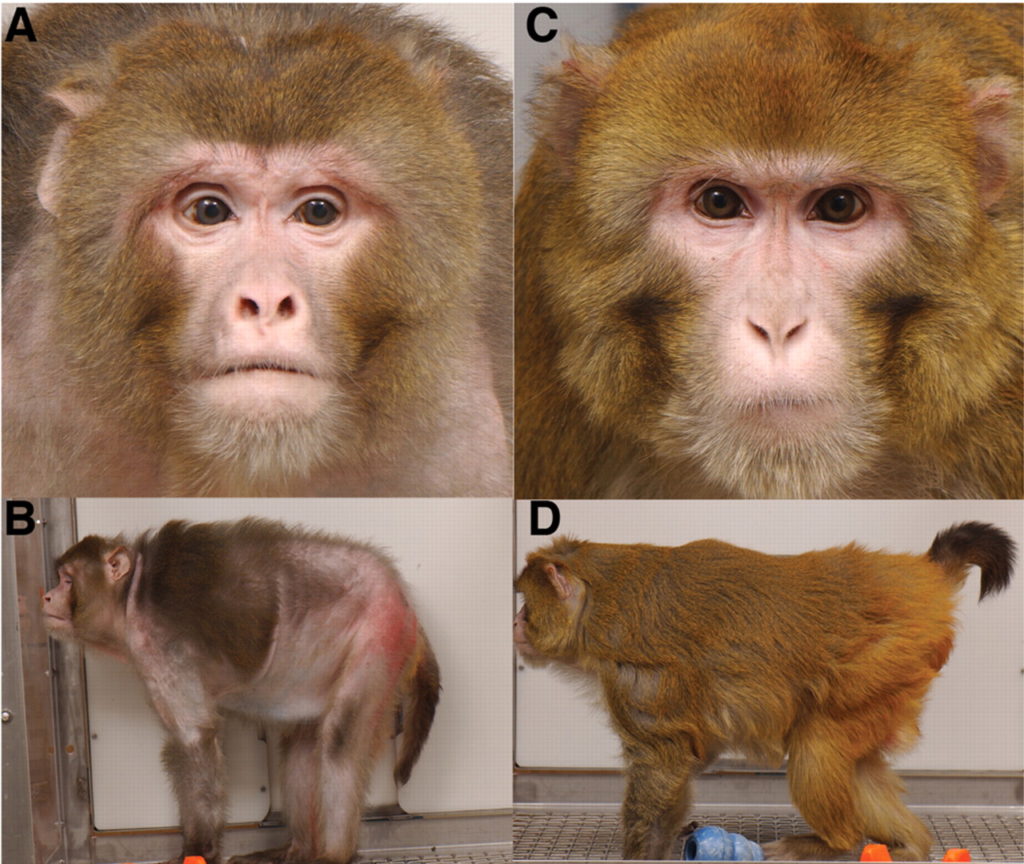
This is all completely expected if you are slowing down aging in these animals. So then why do some people have a problem with judging the success of a diet or supplements by looking at how well the person is aging on the outside?
The most obvious problem is that humans are not caged animals or living in a shelter. We’re exposed to the environment, the sun, which can wreak havoc on the skin and prematurely age it. So if you’ve been someone that loves to sunbathe a lot or have done in the past, then perhaps how old you look isn’t necessarily a good indicator of how well the diet is working for you.
If you’re starting the diet and lifestyle in your 20s and you’ve not had lots of sun exposure or experienced dramatic weight fluctuations, you will likely see better results than someone who has begun the diet later in life and has already experienced a lot of damage and changes in body weight.
Depending on your starting point and assuming whatever you are doing is slowing aging, how long it takes to diverge away from your peers of the same age depends on many factors.
Supercentenarians often look younger than their age throughout their lives
Most people who reach their 100th birthday and beyond have done so due to a certain amount of luck and good genetics. Supercentenarians are in a class of their own given how rare it is to become one.
Researchers that have studied these people usually say that when they look back at photographs of the centenarians early in their lives, they appear to be much younger looking than their age for almost their entire adult lives.
And while it’s probably true that looking younger just by itself doesn’t guarantee a long healthy life—feeling, acting, and looking younger are features or signals of slowed aging.
S. Jay Olshansky, Ph.D, featured in a CBS article in 2015 said:
More than half of centenarians surveyed said that they actually feel twenty years younger than they are, which reinforces their sense of optimism.
People who look younger and feel younger have probably aged more slowly.
In another article by the BBC, looking at the lessons of supercentenarians, Stuart Kim, a developmental biologist at Standford University said that supercentenarians appear to age at a slower rate.
Mr. Kim:
When supercentenarians are 60, they appear to be 40; when they are 90, they seem about 70. “When you meet them,” Kim says, “they all look and act 20 years younger than they actually are.
If you’ve slowed the rate of aging, then looking younger is exactly what you would expect to happen. If you have been on a diet for the past 5 years and you don’t look any younger than your friends and family, it’s probably too early to see a big difference.
But if you have been on the diet for 10, 20, or even 30 years, and there is no perceptible difference in how old you look compared to others the same age, what then?
Is the diet really working for you and is it slowing aging?
Well, perhaps you started at 20-years old and now you’re 30. In that case, I wouldn’t be that concerned yet, as long as all of your blood tests are good and you feel healthy.
Looking younger is just a feature of slowed aging, it’s not a cause. The reason for this article is to only show that there is a relationship between two: biological health is related to our appearance and perceived age.
If you look younger than your age, it’s a bonus and a good sign that it’s working!
Perceived age is an independent predictor of mortality in the elderly
The ability to detect the age of a person is hardwired into humans because of the evolutionary advantages it has.
Men from families who are long-lived tend to look younger than age-matched control and skin wrinkling is not responsible for this difference. One study concluded that facial appearance reflects the propensity to reach extreme old age [1].
Another study looking at the perceived age of twins aged 70+ years also supports the idea that longevity is written on the face.
The twins in the study were followed for up to 7 years after photographs were taken and the twin that had a higher perceived age was more likely to have died first [2].
Extending Biological Youth In The Young: Is It Possible?
When I started calorie restriction with optimal nutrition (CRON), I was probably one of the youngest at the time to try it.
Many people older than me had already started the diet in the 90s or early 2000s after it was shown by Dr. Roy Walford and others that older animals could benefit from CR.
I started to decrease my calorie intake when I was 18-years-old, while also improving my diet a lot. But I never paid extra attention to getting the absolute most out of the calories I ate until I was 20 and read Dr. Walford’s book: “The 120 Year Diet.”
A few years into being on the CRON diet eating just 1500 k/cal per day, something interesting started to happen to me: people would often comment about how young I looked for my age. When I was in my mid-20s, I was still mistaken for a high school student and even the bus drivers would think I should be paying a child’s fare (you had to be 15 or under.)
I worked in a call center for years and it had a really high turnover, so I’d meet new people all the time. They’d usually assume I was a teenager even when I was in my late 20s.
Fortunately, the trend has continued… last year I met a couple of girls at a Christmas job and they assumed I was their age – about 20 – 22. So that was really nice, considering I was also super sleep deprived. 🙂
So that’s just my personal anecdote. I hope to maintain this and stay as youthful as possible. I don’t really obsess over it, but when I started the diet, I did expect to look quite young for a long time.
You can see my aging timeline here.
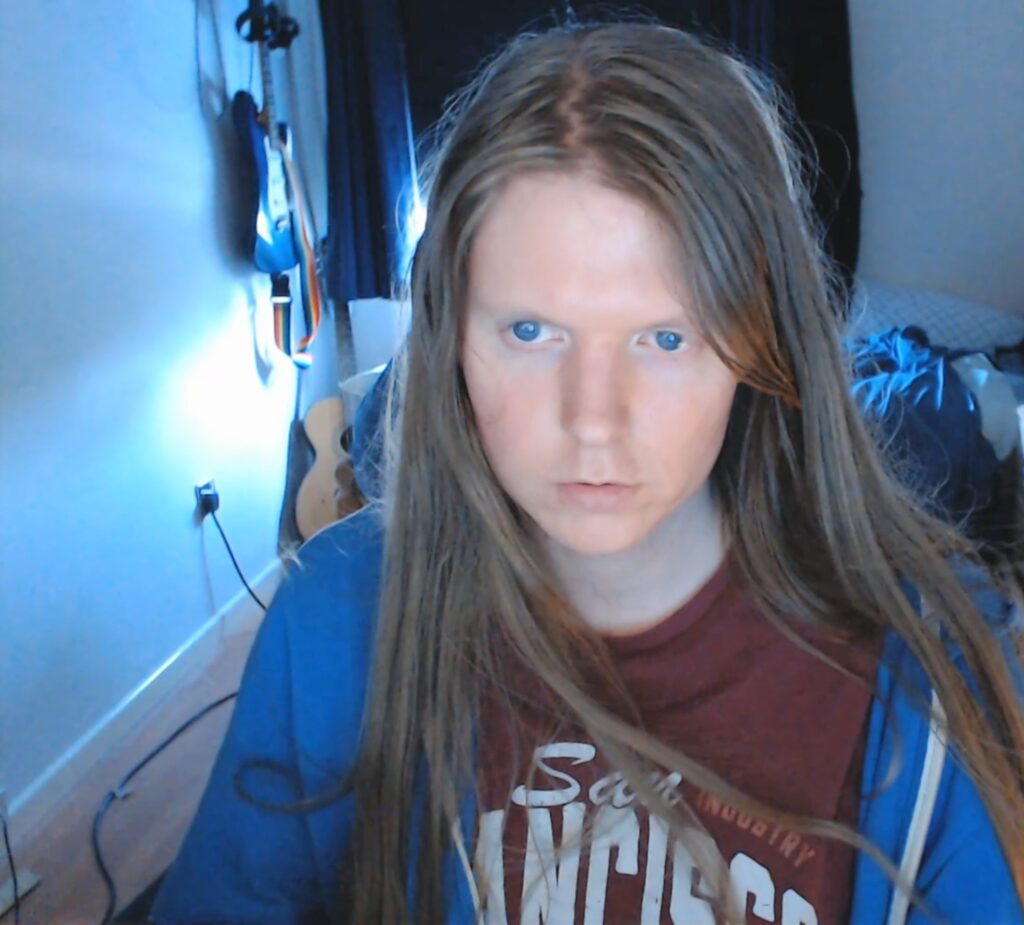
Argument: Looking young when you are chronologically young is not impressive
When I hear this argument I can understand where it comes from and it logically makes sense. When you’re in your 20s and 30s, of course, you should look young! However, in reality, we all know that signs of aging start to creep in from our mid-20s and go up a gear in our 30s.
But if the cells and systems in the body are running at peak level, any further improvement would be very hard to achieve. How much room is there in the system for improvement? How much can we realistically reduce the accumulation of damage and by-products of metabolism?
So what I’m getting at is this: It should be very difficult to diverge away from your chronological age vs biological age (and perceived facial age) between 20 – 35 unless you cells and systems in the body were running in a superoptimal state.
We know that calorie restriction in humans is able to induce a younger gene expression profile – similar to people 30 years younger – but this has only been studied on adults who were 58-years old at the time.
There hasn’t been a similar kind of study conducted on people in their 30s and compared them to 20-year-olds that I’m aware of.
I would argue that these points are probably true:
a) Most people age at a similar rate but there are few outliers who either age much slower or faster.
b) Calorie restriction induces a ‘superoptimal state’ even at a relatively young age so there is significant damage reduction, while the quality of repair is increased.
c) It’s harder to diverge in terms of biological age and appearance at a young age because there is less room in the system for improvement when it’s already operating at a peak level. As you get older, there is more ‘play in the system’ with compensatory mechanisms that help mitigate damage at the expense of other systems. CR is able to reverse some of these changes.
If you’re already seeing from blood tests, physical tests, and perceived age that you are exceptionally youthful even at 30 compared to almost everyone else, this is probably a good thing and you’ll only see that divergence of chronological vs biological age (including perceived age) increase further with time.
Can biological aging be quantified in the young?
In 2015, a paper was published in PNAS where the researchers studied 954 people belonging to the Dunedin Study birth cohort. They tracked multiple biomarkers across three different time points that spanned their third and fourth decade.
What they found was that even at a relatively young age, people who measured biologically older across multiple tests, also self-reported worse health and seemed to be aging at a faster rate.
Study members who were aging faster and had worse biological markers were rated by independent observers as appearing older. While 38-year-olds that had a slower rate of aging were rated as looking younger than their chronological age.
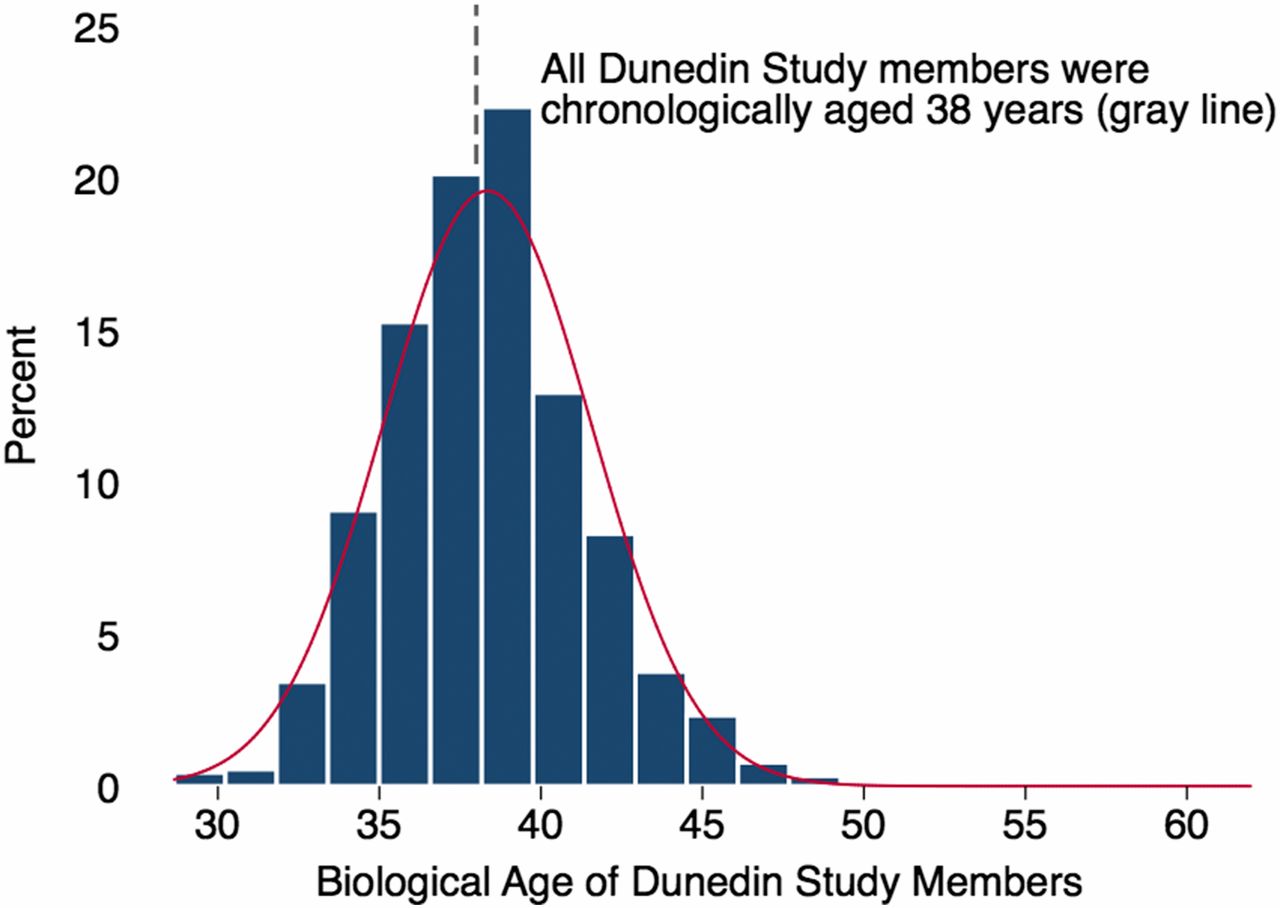
After looking at 18 different biomarkers that included things like cardiorespiratory fitness, leukocyte telomere length, kidney function, dental health, and more, they were able to quantify the pace of aging and biological age relative to their chronological age.
As you can see, most people were close to their actual age but a small number were either significantly younger or older biologically than their chronological age.
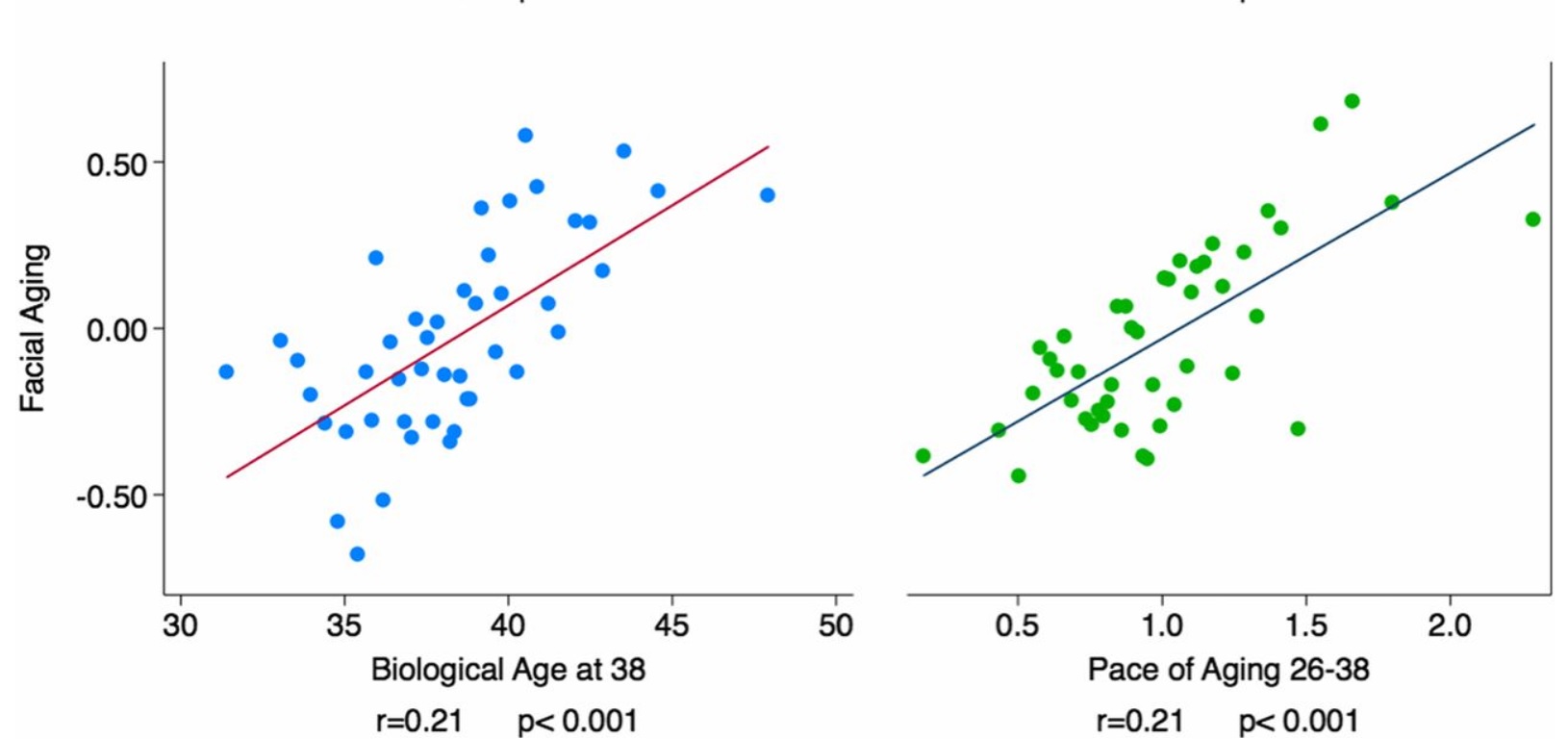
Frontal photographs were taken on the study participants and then shown to a panel of Duke University undergraduates. They did not have any information about the participants in the photographs, including their age. People with a higher biological age were rated as looking older.
Three members of the study appeared to have a pace of aging of less than zero, seeming to grow physiologically younger over the three times they were assessed [3].
Here is a news report on the study!
Becoming phenotypically younger by reversing your biological age
Dr. Michael Lustgarten has been tweaking his diet to try to see if he can optimize his health biomarkers and reduce his biological age. After much trial and error, he has managed to decrease his biological age by more than 15 years just by changing his diet!
He shows that what you eat can have powerful effects on reversing biomarkers that are associated with being phenotypically older.
I highly recommend that you check out his presentation below and subscribe to his channel! He has lots of great information that can help you reverse your biological age and maybe slow down aging.
Conclusion
I would never recommend anyone start calorie restriction or doing anything significant to slow down aging in their teens, but I do think it’s worth putting into practice some healthy habits such as regular exercise, eating a variety of fruits and vegetables, and taking good care of your skin.
If you want exceptionally good results and you want to stay youthful, you have to begin early, probably in your early 20s at the latest.
A lot of people in their 20s go a bit crazy, party a lot, get little sleep, and do many things that accelerate damage in the body. Things catch up with you, so make sure you look after yourself now and it will pay off a lot later on.
Looking young for your age is often a result of good lifestyle choices. Genetics can play a role too; but combined with everything else, the results will be even more impressive.
Looking young doesn’t mean that you will definitely live to 100 or 120, but it is a good sign, and it is connected to health and longevity.
It’s not a cause of longevity, but it is a feature of slower aging.
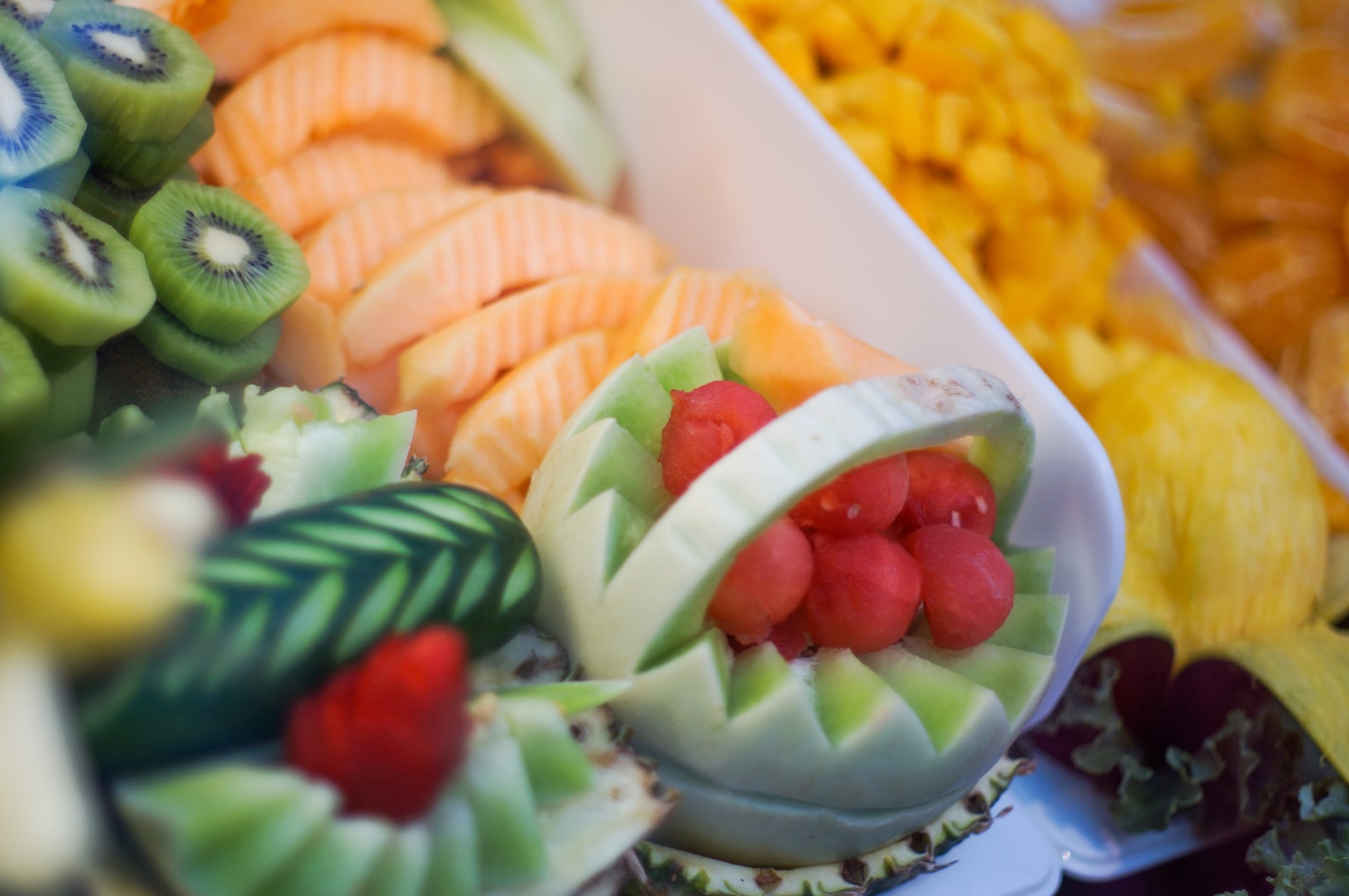
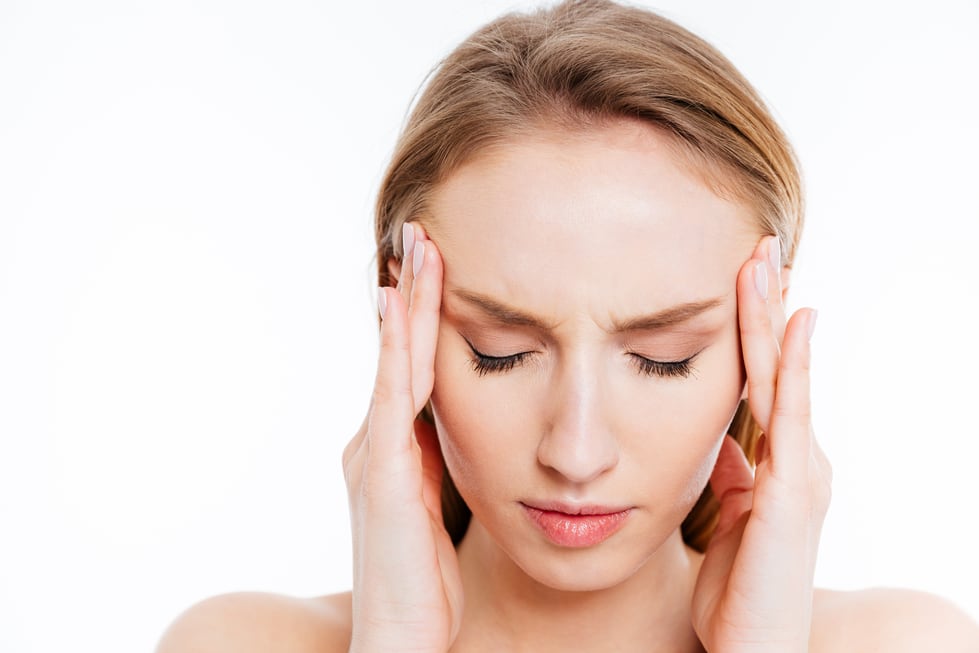
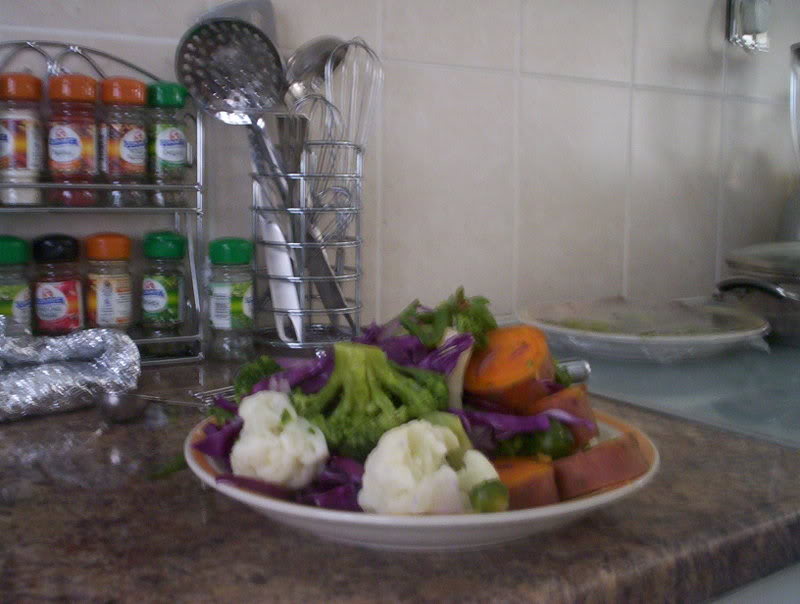
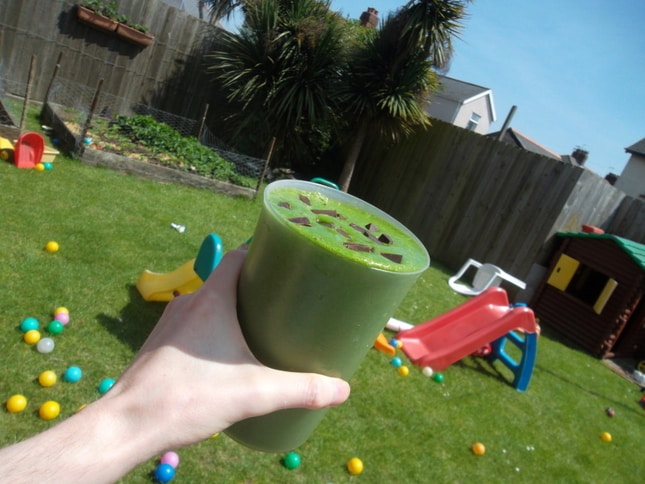

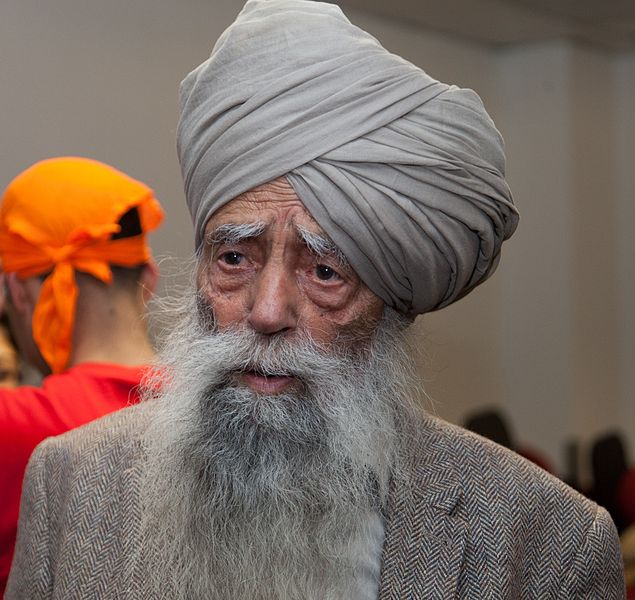
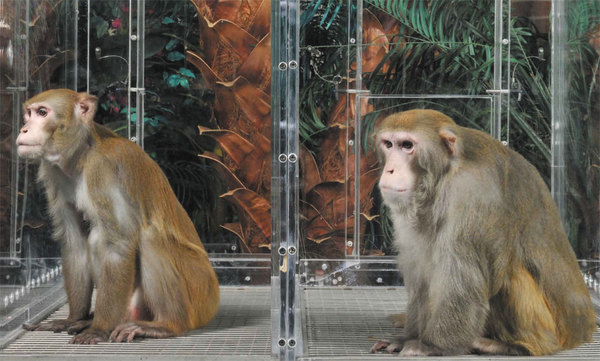
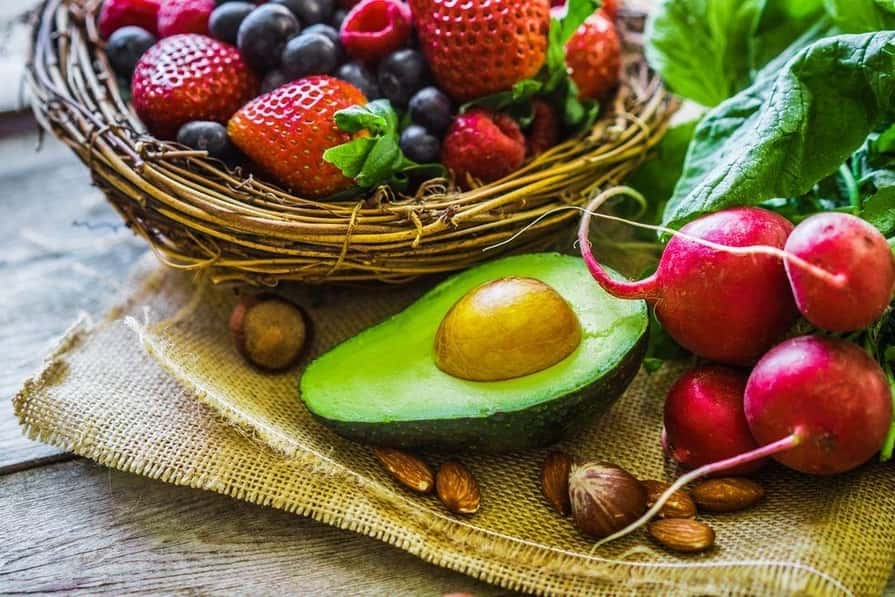
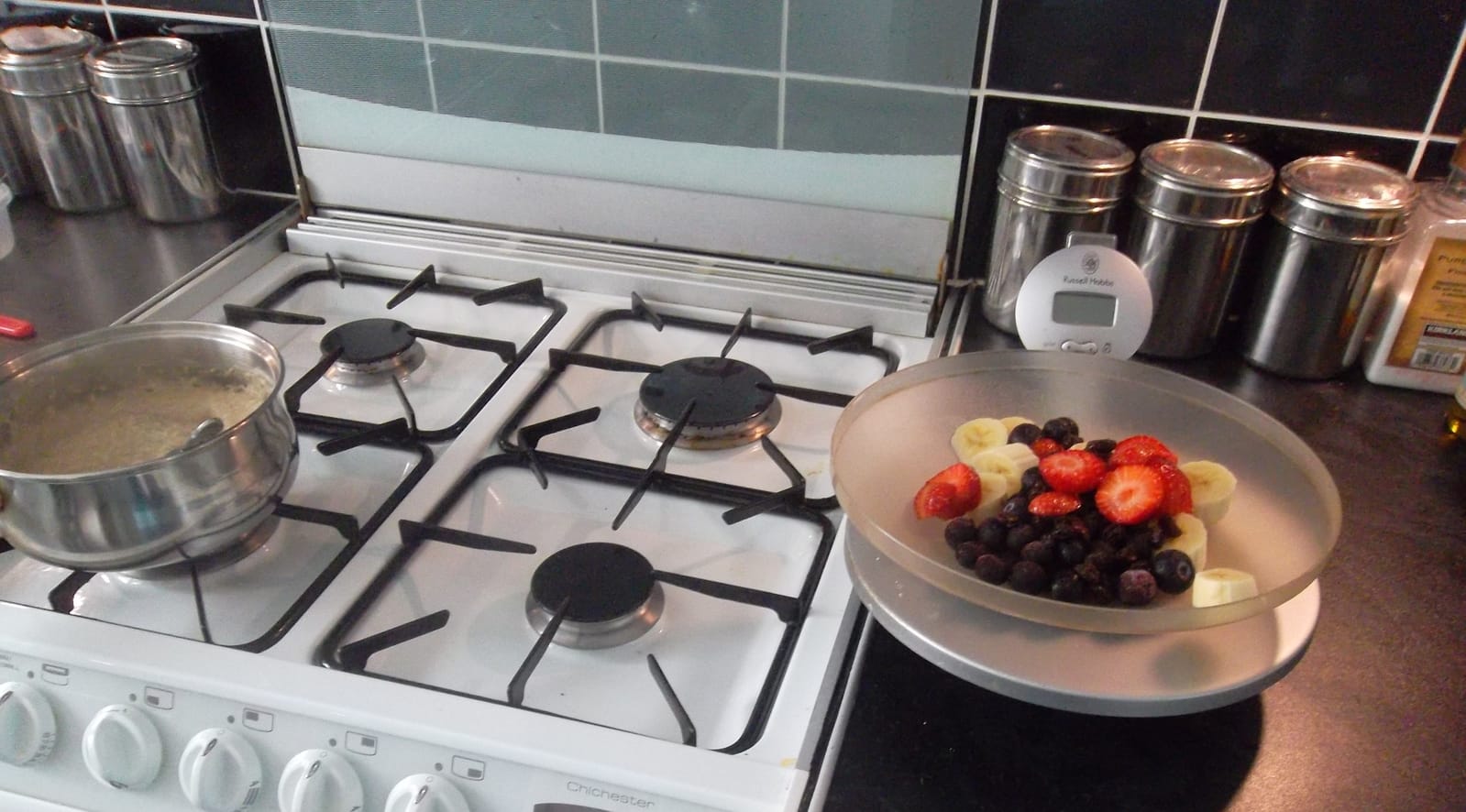
An interesting article Matt. In your recent addition to your ageing timeline you look about the same age as me and i’m 22, most guess me as about 24. Then again there is not an instrinsic link between looking young and being biologically young. Say for example you shaved your hair, grew a beard, dressed more maturely and gained 10kg of muscle and 10kg of fat, you would probably pass for more mid/late twenties.
People have always thought i’m a bit older but does this mean I will die earlier? I think that it is due to early puberty, being bigger than average and having a naturally long angular face, not ageing. There are people like Lou Feringo who looked much older than his age when he was young, but now he looks younger, yet he is huge.
I’m hoping to slow ageing but i’m still uncertain about calorie restriction. For example Chuando Tan looks much younger, yet is also not calorie restricted. The science is clear it does help, but by how much? It seems hard to quantify in humans. Think i’d rather live till 82 at 6’0 and 200lbs than 88 at 140lbs. Perhaps some of the results come from the healthy content of your diet and not just the quantity.
I am replecating your skincare regime and your diet (though at around 2600kcal and some carefully considered animal products) and getting my body fat down from 15% to 10%. Do you think this will be sufficent to get results half as good as you?
Thank you for reading 🙂
Well, I was trying to show that there is some link but also I tried to emphasize that in humans it’s a bit more complex in reality. Especially as you say: some could have features that make one look older but they are not necessarily biologically older (especially in their early 20s). Well, of course, a beard is definitely aging! Haha. Once I actually used the FaceApp and compared a female me, me (original photo), and me with a beard. No surprise, but the beard aged me, and the feminine picture was the youngest. This is totally natural and expected. Even throwing a beard on a regular 20-year old would age them quite a bit.
Guessing someone’s age: most people are naturally fairly good at it. It also depends on your local environment and what you’ve been exposed to. Here, for example, just a few months ago some girls thought I was between 20-22 (same as their age). But at those ages, 20-24 it doesn’t make too much of a difference really. They are close enough where it can be difficult to discern.
At 22, not really, aging has barely gotten started and as you say, there are superficial reasons (most likely) for an older appearance. I wouldn’t even worry about that at all. Even weight changes, as you mentioned, can have a big effect on the overall appearance and how youthful someone looks. I agree that someone people can just look more mature at a younger age but look great in middle to late middle age.
That being said, there is a clear advantage to looking young even while you are still young just from a superficial standpoint that you will probably look exceptionally younger than most later on. Do you know Ralph Macchio? In the Karate Kid 3, he was around 28-years-old but still looked and sounded like a teenager: https://youtu.be/83R6Sqmh_p8?t=319
It turns out that Ralph has longevity in his family… And he still looks great now, but with quite a bit of evident skin damage from the sun.
Yup, calorie restriction is not proven in humans, it’s just an experiment despite there being some great results for people on the diet long term for health biomarkers. But it’s also the only thing we have right now that isn’t a drug (like rapamycin) which can extend maximum lifespan. Different than just pushing out average.
I feel a bit cautious in saying people should do CR because you have to be careful. But in some experiments, mild CR can be quite effective for mean survival as 40% CR. Although, 40% still wins out for maximum lifespan extension.
Just do whatever you feel is best for you. 🙂 But remember it’s also not ‘all or nothing’
As for staying young-looking: its really the combination of diet plus skincare. Unfortunately, while plenty of people get the diet right, they love the sun and it damages the skin. Antioxidants in fruits and vegetables can mitigate some of the damage but it does not eliminate it. The results I’ve gotten and others I linked to within the article is also due to protecting the skin from sun damage.
Just using skincare products also won’t get you a truly youthful look by themselves either. Have you ever noticed that some people have the most AMAZING looking skin but they still look around their age? You gotta reduce the rate of intrinsic aging. CR can help do that: https://www.crvitality.com/2018/12/calorie-restriction-diet-slow-down-skin-aging/
And just a high-quality diet will also have some effect too I imagine.
If you’re going to replicate the skincare regimen, do look for authorized suppliers of the products. I’m in the UK and I use SkinCity for Skinceuticals.
And yes, I do think you’ll get some benefit but it’s hard to quantify how much relative to me or anyone else.
A very informative read Matt.
I was curious though as there have been no update about it, unless of course it hasn’t changed in the last couple of years. Does you skincare routine remain the same as the one you have posted? If not, is it possible to ask what it looks like at present?
I was also wondering how often you prioritize sunscreen: Do you mostly make use of it in the summer or all year round?
Would certainly be interesting to perhaps get an update on your skincare routine, like what products you use consistently and which ones you consider as staples and what other measure you take to care for your skin.
Matt–
If you get a chance, you should check out Sunny Griffin. I was amazed to see that in this interview she was 70 years old… She looks GREAT for her age… She is a raw vegan… https://www.youtube.com/watch?v=ClBwS6X5PJg
My late grandparents did OMAD most of the time by chance. they were very athletic.
had green tea or coffee in the morning
dinner was large protion of ANIMAL protein.
some veggies
alcohol on the reg.
yummy treats 5-6 times a month
Into their mid 90s they looked in their mid 60s and had crazy levels of energy.
They wouldve kept goign longer but the fancy nursing home they moved into FORCED them to eat a lot and forced them to drink disgusting gatorade against their will.
Went from super young to dead within 3 years.